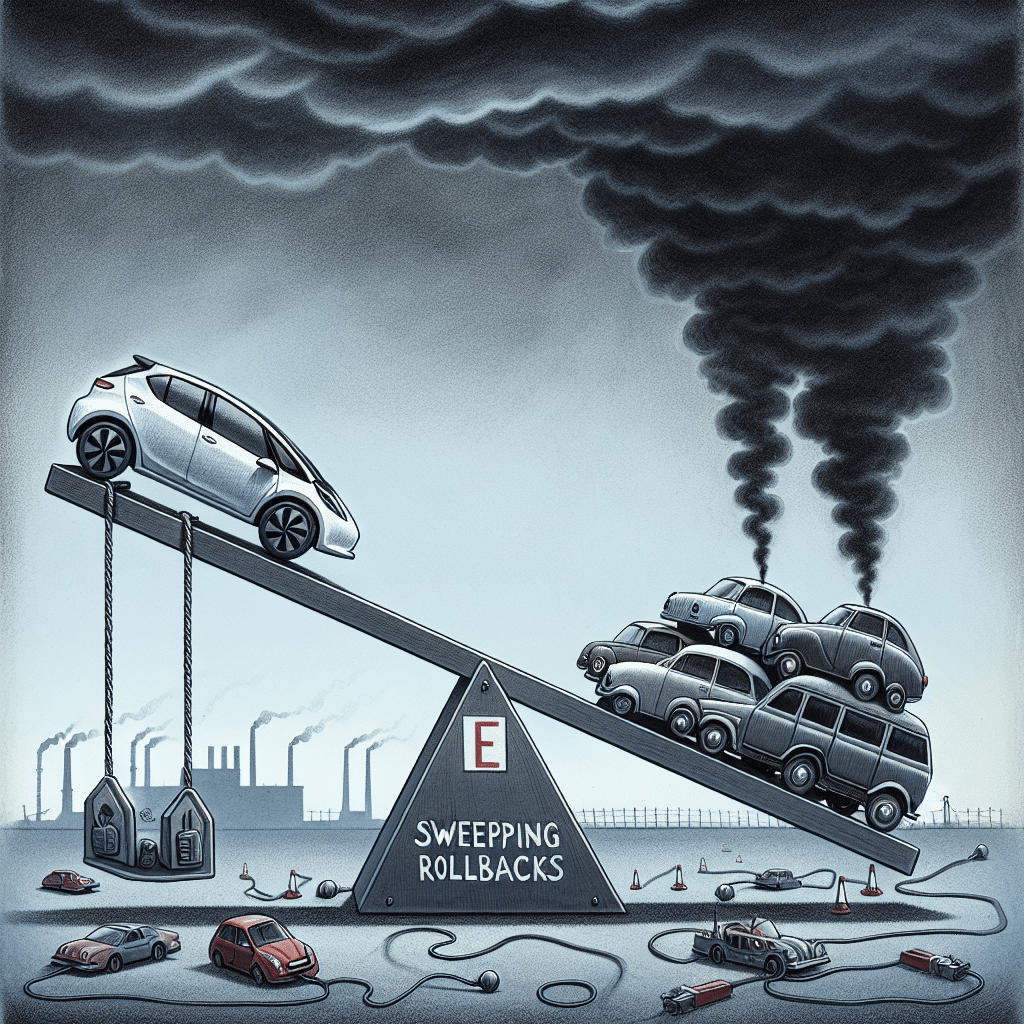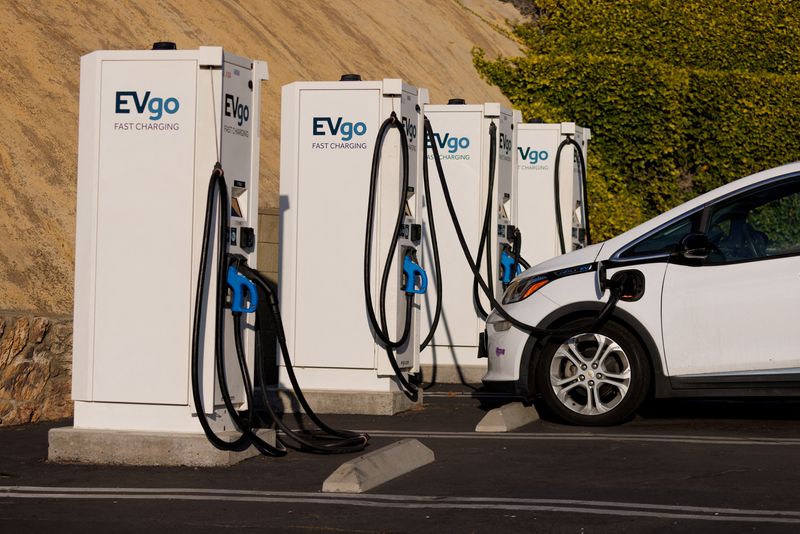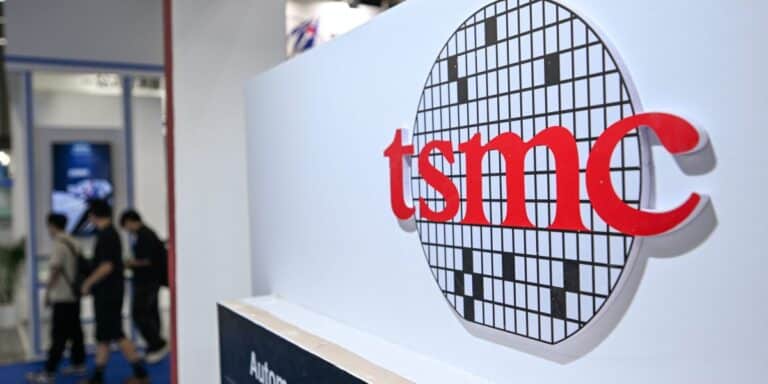[adrotate group="2"]
By Jarrett Renshaw and Chris Kirkham
(Reuters) – The transition team for incoming U.S. President Donald Trump is suggesting major changes that would eliminate support for electric vehicles and charging infrastructure, as well as strengthen barriers against imports of cars, components, and battery materials from China, based on a document reviewed by Reuters.
These recommendations, which have not been publicly disclosed before, emerge as the U.S. electric vehicle transition faces challenges while China’s heavily subsidized EV sector continues to thrive, largely due to its advanced battery supply chain. During his campaign, Trump promised to remove regulations on fossil-fuel vehicles and rollback the electric vehicle mandate introduced by President Joe Biden.
The transition team also advises implementing tariffs on all battery materials worldwide to promote domestic production, and then pursuing individual exemptions with allied nations, according to the document.
Collectively, these suggestions mark a significant shift away from the Biden administration’s approach, which sought to balance the encouragement of a domestic battery supply chain independent of China with a rapid transition to electric vehicles. The Trump transition plan would redirect funds currently allocated for building charging stations and making EVs more affordable towards national defense priorities, particularly securing supply chains for batteries and essential minerals free from Chinese influence.
The proposals are formulated by a Trump transition team tasked with developing a strategy for swiftly enacting new automotive policies. They also recommend the elimination of Biden’s $7,500 tax credit for electric vehicle buyers, a plan which had been previously reported by Reuters. Should these policies be implemented, they could significantly impact electric vehicle sales and production in the U.S., especially as many traditional automakers, such as General Motors and Hyundai, have recently expanded their electric offerings in the U.S. market.
Reducing governmental support for electric vehicles could negatively affect sales for Tesla, led by Elon Musk, who is the top EV seller in the U.S. However, Musk, who contributed over $250 million toward Trump’s election efforts, has suggested that the elimination of subsidies would impact competitors more than Tesla itself.
The transition team has proposed reclaiming any remaining funds from Biden’s $7.5 billion initiative aimed at building charging stations, reallocating those funds to battery minerals processing and for enhancing the “national defense supply chain and critical infrastructure.”
As per the document, while batteries, minerals, and other EV components are deemed “critical to defense production,” electric vehicles and charging stations are not considered essential.
In recent years, the U.S. Department of Defense has pointed out strategic vulnerabilities linked to China’s control over the mining and refining of critical minerals, including graphite and lithium for batteries, as well as rare-earth metals necessary for EV motors and military aircraft.
A government report from 2021 indicated that the U.S. military faces “escalating power requirements” for technology like weapons and communication equipment. The report stressed that “assured sources of critical minerals and materials” are essential for U.S. national security.
Transition spokeswoman Karoline Leavitt stated that voters have empowered Trump to fulfill his campaign pledges, including halting government measures against gasoline-powered vehicles.
“Upon taking office, President Trump will support the automotive industry by ensuring there is room for both gasoline and electric vehicles,” Leavitt said in a statement.
ALLOWING MORE TAILPIPE POLLUTION
Automakers worldwide are increasingly shifting toward electric vehicles, largely to comply with more stringent government regulations aimed at reducing harmful tailpipe emissions.
However, the transition team’s recommendations would permit automakers to produce more gasoline-powered vehicles by reversing emissions and fuel-economy regulations established by the Biden administration. The team suggests reverting those regulations back to 2019 levels, which would allow approximately 25% more emissions per vehicle mile compared to the current 2025 standards, alongside an average fuel economy being about 15% lower.
The proposal additionally seeks to prevent California from establishing its own stricter vehicle-emission standards, which have been adopted by over a dozen other states. Trump previously obstructed California’s attempt to set tougher standards during his presidency, a policy that was reversed by Biden.
California has requested another waiver from the U.S. Environmental Protection Agency (EPA) to implement a stricter set of requirements starting in 2026, eventually mandating that all vehicles be electric, plug-in hybrids, or hydrogen-powered by 2035. The EPA under the Biden administration has yet to approve this request.
Many of the transition team’s suggestions seem focused on bolstering domestic battery production primarily for defense-related purposes, while others appear aimed at supporting automakers operating in the U.S., even if they are producing electric vehicles.
The proposals include:
– Implementing tariffs on imports critical to the EV supply chain, including batteries, essential minerals, and charging components. The proposal suggests utilizing Section 232 tariffs, aimed at national security threats, to curb these imports.
The previous administration had already increased tariffs on certain Chinese imports listed in the Trump transition document, such as lithium-ion batteries, graphite, and permanent magnets utilized in both EV motors and military applications, based on economic concerns rather than security ones.
– Streamlining environmental reviews for federally funded EV infrastructure projects, including battery production and recycling, charging stations, and critical mineral manufacturing.
– Expanding export restrictions on EV battery technology to rival nations.
– Supporting the export of U.S.-manufactured EV batteries via the Export-Import Bank of the United States.
– Utilizing tariffs as a “negotiation tool” to open foreign markets to U.S. auto exports, including electric vehicles.
– Eliminating mandates requiring federal agencies to procure electric vehicles. The Biden policy enforces that all federal acquisitions of cars and light trucks must be zero-emission vehicles by the end of 2027.
– Terminating Department of Defense initiatives focused on purchasing or developing electric military vehicles.
(Reporting by Jarrett Renshaw in Philadelphia and Chris Kirkham in Los Angeles; Editing by Brian Thevenot and Matthew Lewis)
[adrotate group="2"]






